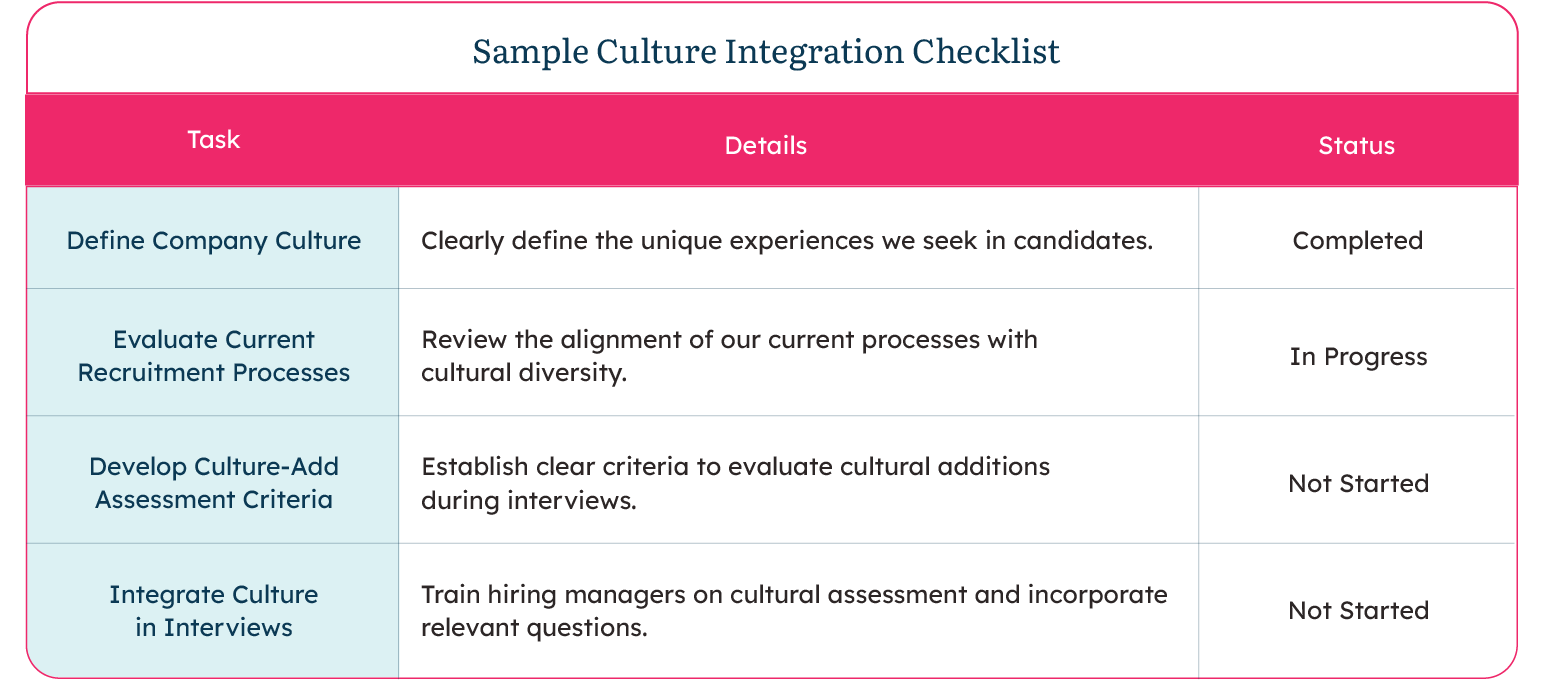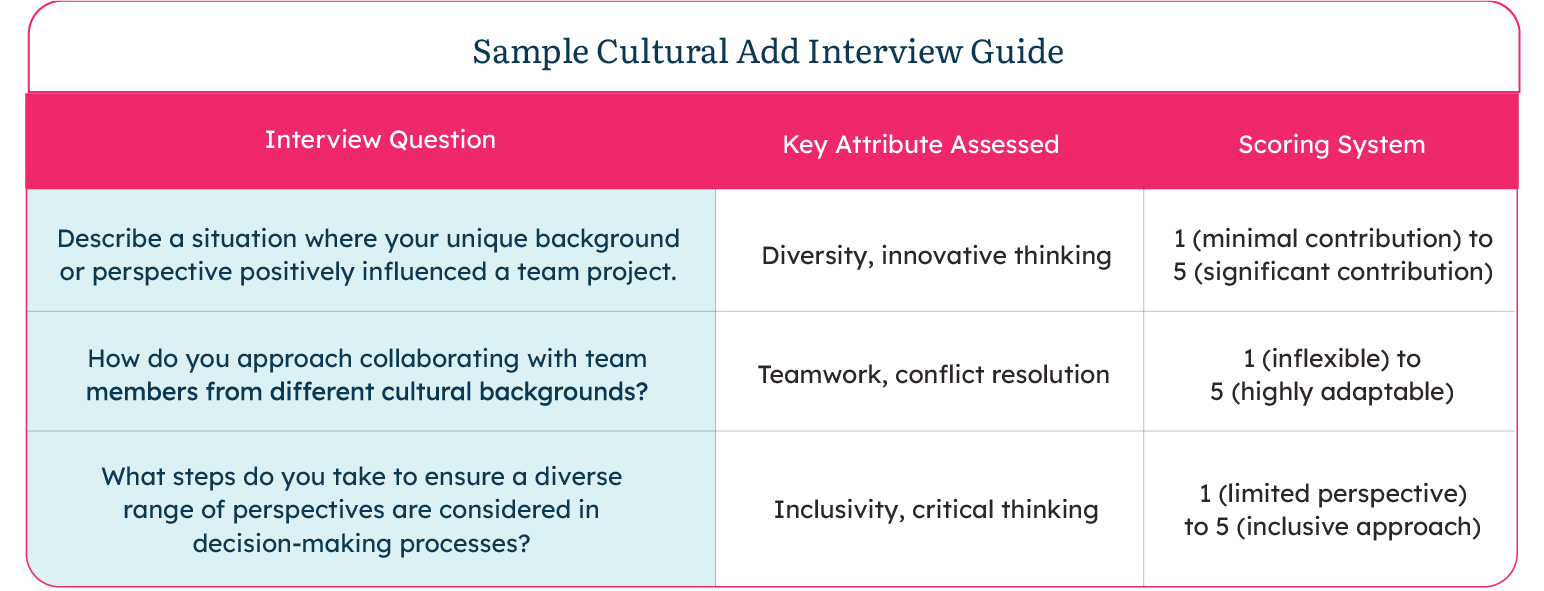This blog about candidate experience was originally published in November 2020, and relevant stats and content have…
This blog about candidate experience was originally published in November 2020, and relevant stats and content have been updated as of July 2024.
2020 turned the world upside down in ways we never imagined. Fast forward to 2024, and the job market is still keeping us on our toes. Whether you’re a recruiter, a hiring manager, or a key decision-maker, this blog is your ticket to making the job-seeking journey unforgettable for every candidate who crosses your path.
The Ripple Effect of Candidate Experience
Did you know two-thirds of candidates publicly broadcast their experiences, good or bad? A study by CareerArc also found that 72% of candidates with a negative experience will share their stories online or with someone directly. Word travels fast, potentially reaching future customers, competitors, community leaders, and top talent.
The candidate experience doesn’t just end with a hire or rejection; it’s an ongoing narrative that can build or damage your company’s reputation. Every interaction, every email, and every conversation contributes to this narrative. A poor candidate experience can lead to negative reviews on platforms like Glassdoor, deterring top talent from applying and potentially tarnishing your brand. On the other hand, a stellar candidate experience can enhance your company’s appeal, attracting enthusiastic and highly qualified applicants.
Set Expectations and Timelines: Clarity is Key
Candidates often wait 20-45 days without a peep about their application status. This lack of communication can leave them feeling ignored and undervalued, leading to frustration, disengagement, and a disturbingly long hiring process. Here’s how you can change that.
Actionable Steps:
- Crystal Clear Communication: From the moment a candidate applies, provide a detailed timeline of what they can expect. Outline each stage of the hiring process, from initial application review to final decision-making.
- Automated Updates: Leverage technology to keep candidates informed. Automated updates can notify them when their application is received, under review, and when they can expect further communication.
- Transparency: Be upfront about your process and expected response times. If there are delays, communicate them promptly to manage expectations.
Pro Tip: Add a visual timeline on your careers page detailing each stage of your hiring process. This relatively small lift can make a world of difference!
Stat to Note: 83% of candidates prefer having a clear timeline of the hiring process. This means that simply setting and communicating expectations can give the people what they want: a clear, easy-to-follow understanding of what comes next.
Humanize Your Communication
Job seekers are often advised to create bot-friendly resumes, focusing on keywords to pass through automated filters. This process can feel impersonal and dehumanizing, making candidates question whether there’s a real person on the other side.
How to Humanize:
- Personal Emails: Send emails that feel like they’re from one human to another. Use a friendly tone and personalize each message with the candidate’s name and relevant details about their application.
- Engaging Content: Share stories and testimonials from real employees. Highlight what makes your company unique and why employees love working there.
- Real Interactions: Wherever possible, ensure a real person reviews applications and communicates with candidates. This approach fosters trust, builds rapport, and encourages candidates to engage more deeply with your company.
Pro Tip: Embed a short video from a hiring manager or team member. This can create a memorable touch point and a lasting connection.
By humanizing your communication, you show candidates that they are valued individuals, not just numbers in a system. This approach fosters trust, builds rapport, and encourages candidates to engage more deeply with your company.
Stat to Note: A whopping 54% of candidates have bailed on a recruitment process due to lackluster communication from the recruiter or employer. This underscores the critical role that clear, compassionate communication plays in creating a positive candidate experience.
Personalize the Process: Stand Out from the Crowd
Automated messages are standard. Personalized interactions? That’s how you stand out. In a sea of generic responses, personalized communication can make your company the one they remember.
Techniques for Personalization:
- Custom Videos: Include videos from actual employees sharing their experiences. Give candidates a sneak peek into your world.
- Virtual Tours: Offer a virtual tour of your workspace. Show off your office vibe, introduce team members, and highlight unique aspects of your company.
- FAQ Sections: Address common questions and concerns in a personalized manner. Anticipate what candidates might want to know and provide detailed answers.
Pro Tip: Personalized rejection emails with feedback can encourage candidates to reapply and keep a positive view of your company.
Personalization shows candidates you see them as unique individuals with distinct skills and experiences. It shows you care about their journey and are committed to meaningful, respectful interactions.
Stat to Note: According to Forbes, companies investing in a strong candidate experience see a 70% improvement in hire quality. Personalized interactions lead to better hires and a more engaged workforce. That’s a win-win!
Beyond the Basics: Crafting a Memorable Experience
Creating a memorable candidate experience goes beyond communication and personalization. It’s about crafting an engaging, respectful, and innovative hiring process.
The Power of Storytelling
Every candidate has a story; every job opening has a journey. Connect these narratives to create a memorable experience. Share your company’s origin story, mission, and vision. Show how the candidate’s role fits into the bigger picture.
Cultivating a Respectful Rejection Process
No one likes rejection, but you can soften the blow. Respectful rejection involves empathy and constructive feedback. Make candidates feel valued, even if they didn’t get the job.
Want a play-by-play about how to nail this conversation and make other awesome emails? Check out our revamped resource: Making ATS Auto-generated Emails Awesome
Embracing Technology
Use cutting-edge tech to streamline the application process while maintaining a human touch. Implement AI-driven tools for resume screening but ensure human oversight for final decisions. Open to incorporating even more? Why not provide immersive experiences or AI chatbots to field real-time candidate questions.
Creating a Community
Build a community around your brand. Engage with candidates on social media, invite them to webinars, and share content that resonates. Creating a sense of belonging fosters a positive experience beyond the application process.
Looking Ahead: The Future of Recruitment
The recruitment landscape is always evolving. Staying ahead means continuously refining the candidate experience.
- Stay Updated: Keep on top of the latest recruitment technologies and trends. Attend industry events, participate in webinars, and read up on the latest research.
- Solicit Feedback: Regularly seek feedback from candidates to identify areas for improvement. Use surveys, interviews, and feedback forms to gather insights.
- Invest in Training: Ensure your hiring team is well-trained to provide a positive candidate experience. Offer workshops and resources to develop skills in communication, empathy, and tech use.
Focusing on these areas can help you create a future-proof recruitment strategy that adapts to the changing landscape and meets job seekers’ needs.
By setting clear expectations, humanizing communication, and personalizing the entire hiring process, you can transform a daunting job search into an engaging journey for candidates. It’s all about creating experiences that turn job seekers into your biggest fans and future advocates.
At R2R Strategic Recruiting, we’re passionate about reshaping the recruitment landscape one candidate at a time. We believe in the power of engaging and meaningful interactions, and we’re here to help you achieve just that.
Connect with us today, and let’s craft a candidate experience that will stand out from the crowd together.




